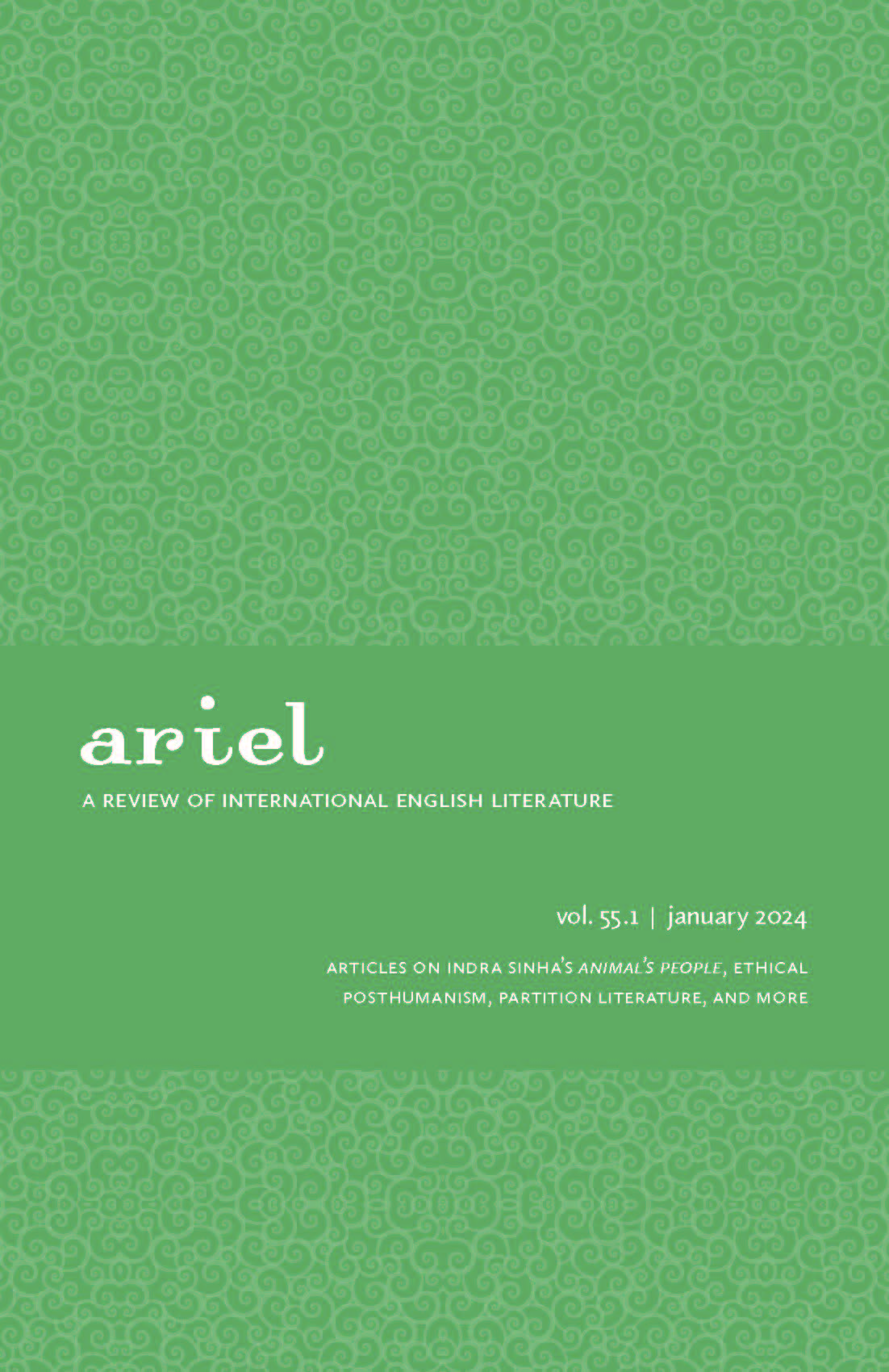TransQueer Negotiations and Decolonial Space-Making in Tsitsi Dangarembga’s Nervous Conditions
Keywords:
Trans, Queer, Decolonial, Colonial Gender Binary, SpaceAbstract
This essay intervenes in the long critical reception of Tsitsi Dangarembga’s Nervous Conditions as a postcolonial feminist novel by using a decolonial framework – one that is attuned to the history of how the cisgender heterosexual gender binary constructs patriarchy – to propose a transqueer reading of the novel. My transqueer hermeneutic performs two primary functions in this essay: it foregrounds the centrality of movement in the prefix trans; and it emphasizes how this movement queerly manipulates gender and sexual normativity. A transqueer reading of the novel points to gendered and sexual subversions of the colonial gender binary by arguing that Dangarembga’s protagonist Tambu queerly reorients herself to and transly negotiates with the physical spaces where she is placed, instead of simply escaping them. In doing so, Tambu quietly delinks from the colonial cisgender heterosexual binary. Overall, I examine the relationality between colonial physical space and Tambu’s transqueer subversions in the novel by showing how she moves, however fleetingly, within and through decolonial liminal spaces of refusal.


